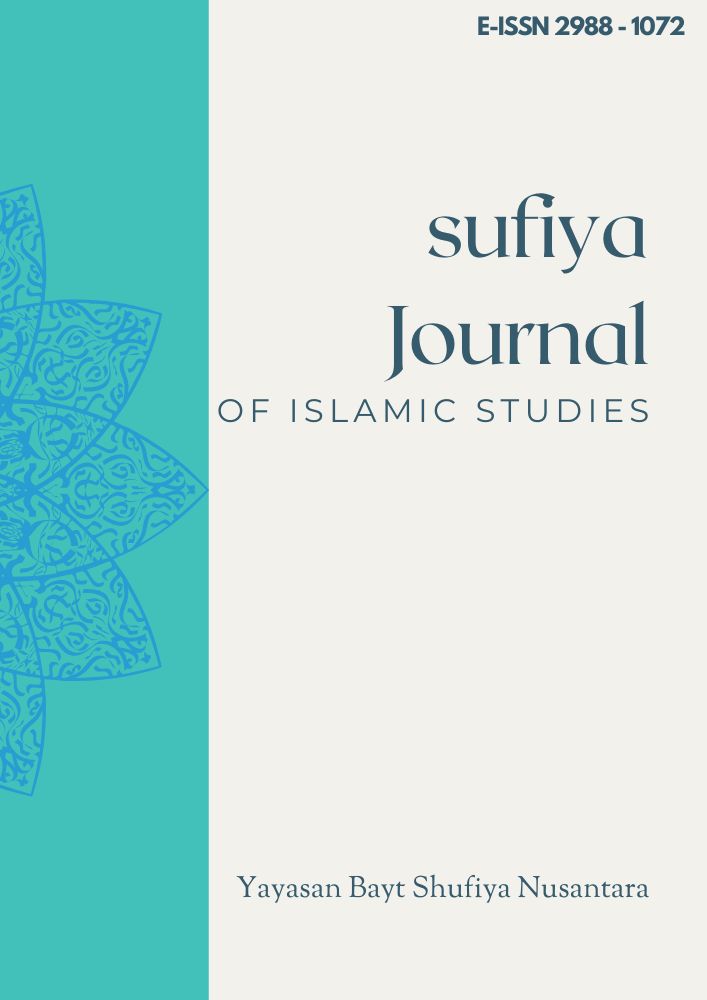Exploring the Role of Semantic Metaphors Trough Whatsapp Chat in Daily Communication
Keywords:
Language, Metaphors; Digital, Communication, whatsappAbstract
Abstract
This study explores the presence and function of semantic metaphors in everyday WhatsApp conversations, drawing upon Conceptual Metaphor Theory (CMT) developed by Lakoff and Johnson. It investigates how abstract domains such as emotions, relationships, identity, and social dynamics are expressed through metaphorical language in informal digital interactions. Utilizing a qualitative approach, the research analyzes chat data collected from real-life conversations, categorizing metaphors into structural, orientational, and ontological types. The findings reveal that metaphorical expressions are not only pervasive but serve significant cognitive and communicative functions. They help users express complex emotions, negotiate social relationships, simplify abstract concepts, and reflect cultural values. The analysis demonstrates that WhatsApp, as a platform for spontaneous digital discourse, offers rich insight into how metaphor shapes meaning in modern communication. The study also emphasizes that metaphors in digital language are not merely rhetorical flourishes but central tools of cognition, identity construction, and interpersonal expression in contemporary society.
References
Aliakbari, M., & Khosravian, F. (2013). A Corpus Analysis of Color-Term Conceptual Metaphors in Persian Proverbs. Procedia - Social and Behavioral Sciences, 70(June), 11–17. https://doi.org/10.1016/j.sbspro.2013.01.033
Bagha, K. N. (2011). A Short Introduction to Semantics. Journal of Language Teaching and Research, 2(6). https://doi.org/10.4304/jltr.2.6.1411-1419
Crispin Thurlow, & Kritine Mrozek. (2011). Digital Discourse.
Goerge Lakoff, & Mark johnson. (1980). lakoff.johnson80 CONSEPTUAL. 8.
Kamanda Sari, R. (2023). The Analysis Of Semantics Meaning Found In Comments Of Instagram Account Of Infosumbar Based On Leech’ Theories.
Koten, F. P. N., Jufriansah, A., & Hikmatiar, H. (2022). Analisis Penggunaan Aplikasi Whatsapp sebagai Media Informasi dalam Pembelajaran: Literature Review. Jurnal Ilmu Pendidikan (JIP) STKIP Kusuma Negara, 14(1), 72–84. https://doi.org/10.37640/jip.v14i1.1409
Lakoff, G., & Johnson, M. (1980). Metaphors we live by. University of Chicago Press.
Ma, X., Bao, B., & Li, X. (2021). Conceptual metaphor and dual coding on abstract concepts. In Proceedings of the 6th International Conference on Modern Management and Education Technology (pp. 531–535). https://doi.org/10.2991/assehr.k.211028.100
Pokojná, H., Isenberg, T., Bruckner, S., Kozlíková, B., & Garrison, L. (2024). The language of infographics: Toward understanding conceptual metaphor use in scientific storytelling.
Rahartri. (2019). “Whatsapp” Media Komunikasi Efektif Masa Kini (Studi Kasus Pada Layanan Jasa Informasi Ilmiah di Kawasan Puspiptek). Visi Pustaka, 21(2), 147–156.
Tsitoura, M. (2023). Conceptual Metaphor Theory In English Language Teaching: Developing Efl Learners’ Metaphor Awareness. https://doi.org/10.26262/istal.v24i0.9222
Downloads
Published
How to Cite
Issue
Section
License
Copyright (c) 2025 Olivia Damanik, Bernieke Anggita Ristia Damanik

This work is licensed under a Creative Commons Attribution-ShareAlike 4.0 International License.














